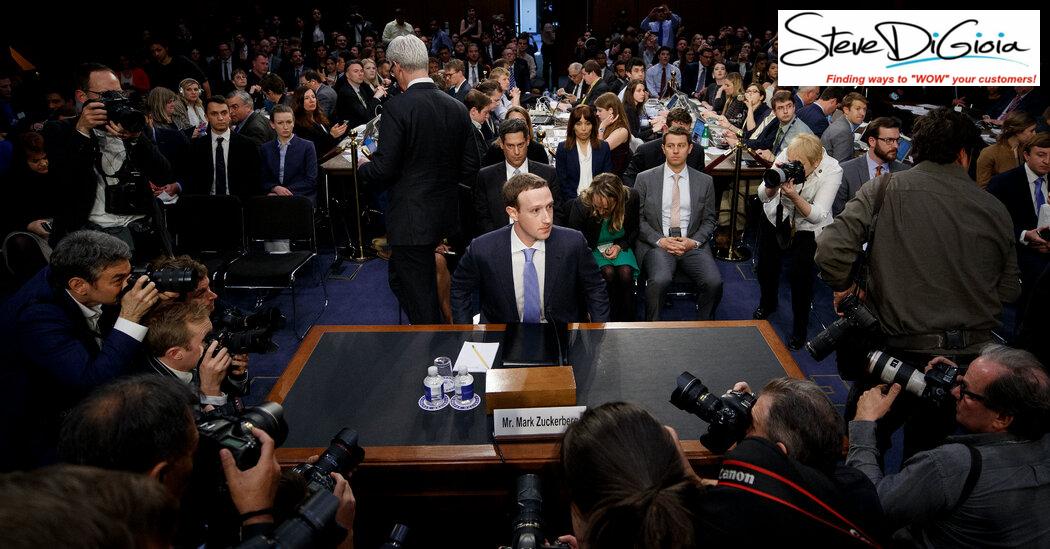In a surprising turn of events, Meta CEO Mark Zuckerberg has announced significant changes to the way his company handles misinformation on its platforms Facebook and Instagram. This decision, which marks a stark departure from previous policies aimed at fighting misinformation, emphasizes a new commitment to free speech. Let’s dive deeper into what these changes mean for users and the wider online community.
Major Policy Changes Announced
On February 6, 2024, Mark Zuckerberg revealed in a video that Meta would be ending its partnership with independent fact-checkers, a move that has some experts worried about the potential rise of harmful content online. Instead of having fact-checkers review posts, Meta plans to introduce a Community Notes system, which will allow users to provide context for the posts they see. This switch suggests that Zuckerberg is keen on giving users more freedom to express their thoughts, even if it means less control over what is shared on the platform.
A Shift Towards Conservative Values
This change is seen as a major pivot to the conservative right, particularly following recent interactions with former President Donald Trump. Zuckerberg’s decisions include reinstating Trump’s accounts and praising his responses during recent political events. Critics argue that this is part of a broader trend to align Meta with right-leaning political viewpoints, moving away from the progressive stance the company once embraced.
The Removal of Content Restrictions
Furthermore, restrictions around discussions on sensitive topics like immigration and gender will be relaxed, allowing more controversial content to thrive on Meta’s platforms. While some may consider this a step toward more open dialogue, others fear it could lead to the spread of misleading information and harmful rhetoric.
Metas’s Response and User Concerns
Despite Zuckerberg’s declaration of a new era focused on free speech, many former partners and civil rights groups have expressed their deep concerns. They warn that this approach may significantly undermine efforts to safeguard users from the dangers of misinformation. With students, parents, and other community members increasingly relying on social media for news, the stakes are high for how these changes could shape the information landscape.
Responding to Misinformation Challenges
Meta’s decision to pivot away from fact-checking is especially notable given Zuckerberg’s past apologies regarding misinformation, including a public acknowledgment in 2016 when the issue first began to attract widespread attention. This inconsistency raises questions about what users can expect going forward and how the company will address the ongoing challenges posed by false information in an online world.
A Call for Community Involvement
So, what can we do as users? Engaging actively in discussions and contributing responsible, fact-based information in the new Community Notes system could help combat misinformation from the grassroots level. By sharing reliable sources and staying aware of trending topics, we can uphold the integrity of our conversations and connections.
What Lies Ahead for Meta
The implications of Zuckerberg’s latest announcements are vast. Meta, being a dominant force in social media, influences how millions communicate and gather information. As users, we are left to wonder: will this new focus on free speech genuinely benefit our online experiences, or will it create challenges we might not yet realize?
Looking Forward
As we monitor these developments, it’s essential for everyone—especially young users—to engage thoughtfully with the content we consume and share. Balancing free expression with a commitment to factual information is crucial for fostering a safe and informative environment online.














Leave a Reply